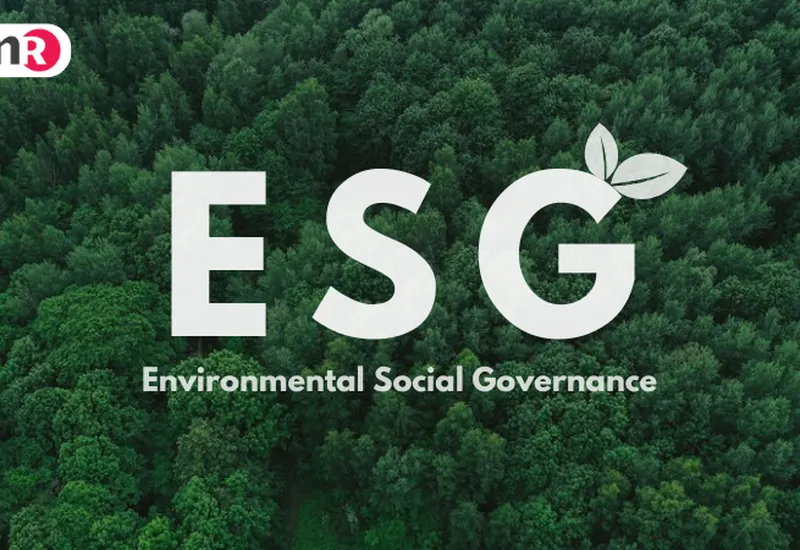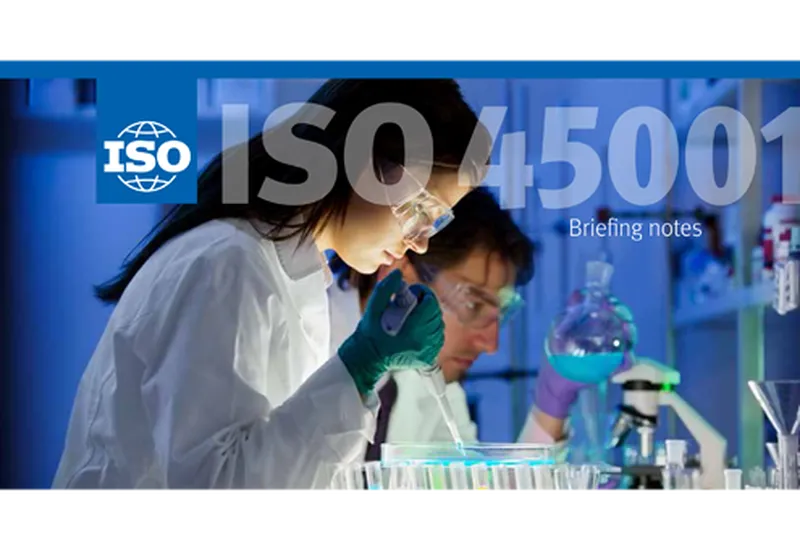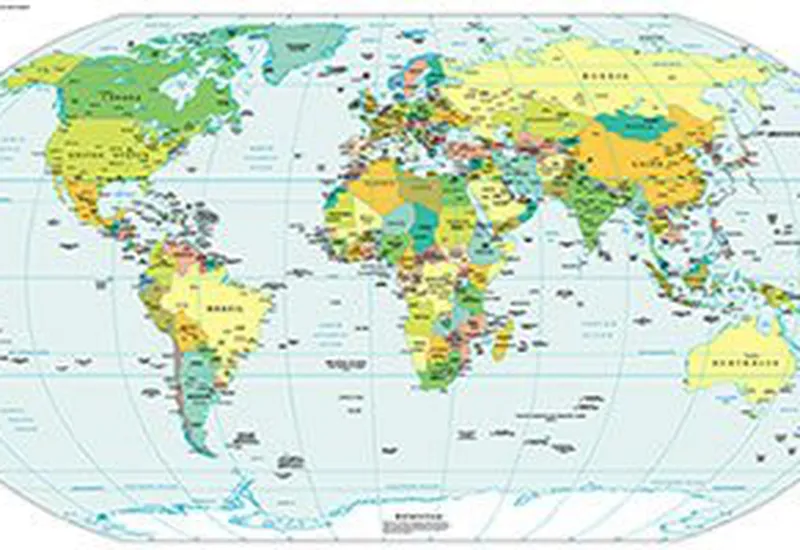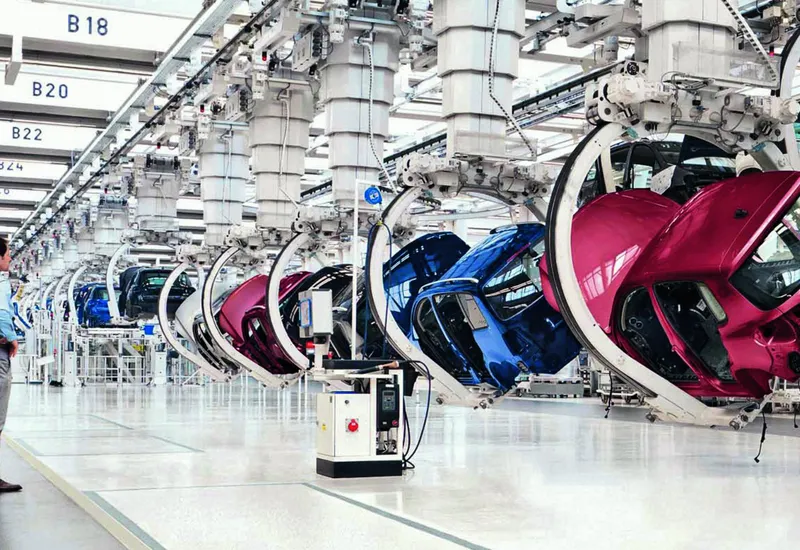New standard helps SMEs get ahead with ISO 14001
Implementing an environmental management system (EMS) based on ISO 14001 might seem like a big task, but that doesn’t mean it is just for the bigger players in the market. Breaking it down into phases is the key. A newly revised guidance document just published helps businesses of all shapes and sizes put an EMS in place in the way that suits them – and reap the benefits every step of the way.
The environment is changing rapidly and businesses need to keep on top of what this means for them in order to survive – and thrive. An environmental management system (EMS) based on ISO 14001 helps organizations effectively manage the risks and capitalize on the opportunities that our changing world brings. Implementing an EMS provides a number of benefits such as more efficient use of natural resources and energy, enhanced compliance with legal requirements and better relations with customers.

Improving environmental performance is made easier with formal systems in place. However, small and medium-sized enterprises (SMEs) often find EMS implementation difficult due to fewer staff and resources.
ISO 14005, Environmental management systems – Guidelines for a flexible approach to phased implementation, provides SMEs with a means to overcome this by enabling them to meet the requirements of an EMS in a phased, flexible way that is adapted to their specific needs. It allows them to start benefitting from the very beginning while ultimately meeting the requirements of ISO 14001. The standard has just been revised to ensure it is up to date and continues to meet market needs.
Martin Baxter, Chair of the ISO subcommittee that developed the standard, said ISO 14005 allows companies to easily measure the business value and benefits of implementing an EMS and ensuring they get a return on their investment.
“There are many advantages of taking a phased approach,” he said.
“Companies could start with specific projects that are most relevant or urgent, such as improving energy efficiency or resource productivity. When they know that these projects are delivering business success, they can build their system as the needs arise, incorporating customer environmental requirements or engaging more of their employees in enhancing environmental performance, to eventually address all the requirements of the EMS.”
KMR is a third-party certification body which is accredited by Accreditation Bodies such as KAB, IATF, QuEST,… KMR’s certification services is accredited and international recognition. KMR provides audit, certification and customer support services to achieve ISO 14001: 2015 certification.
Source: iso.org











main.comment_read_more